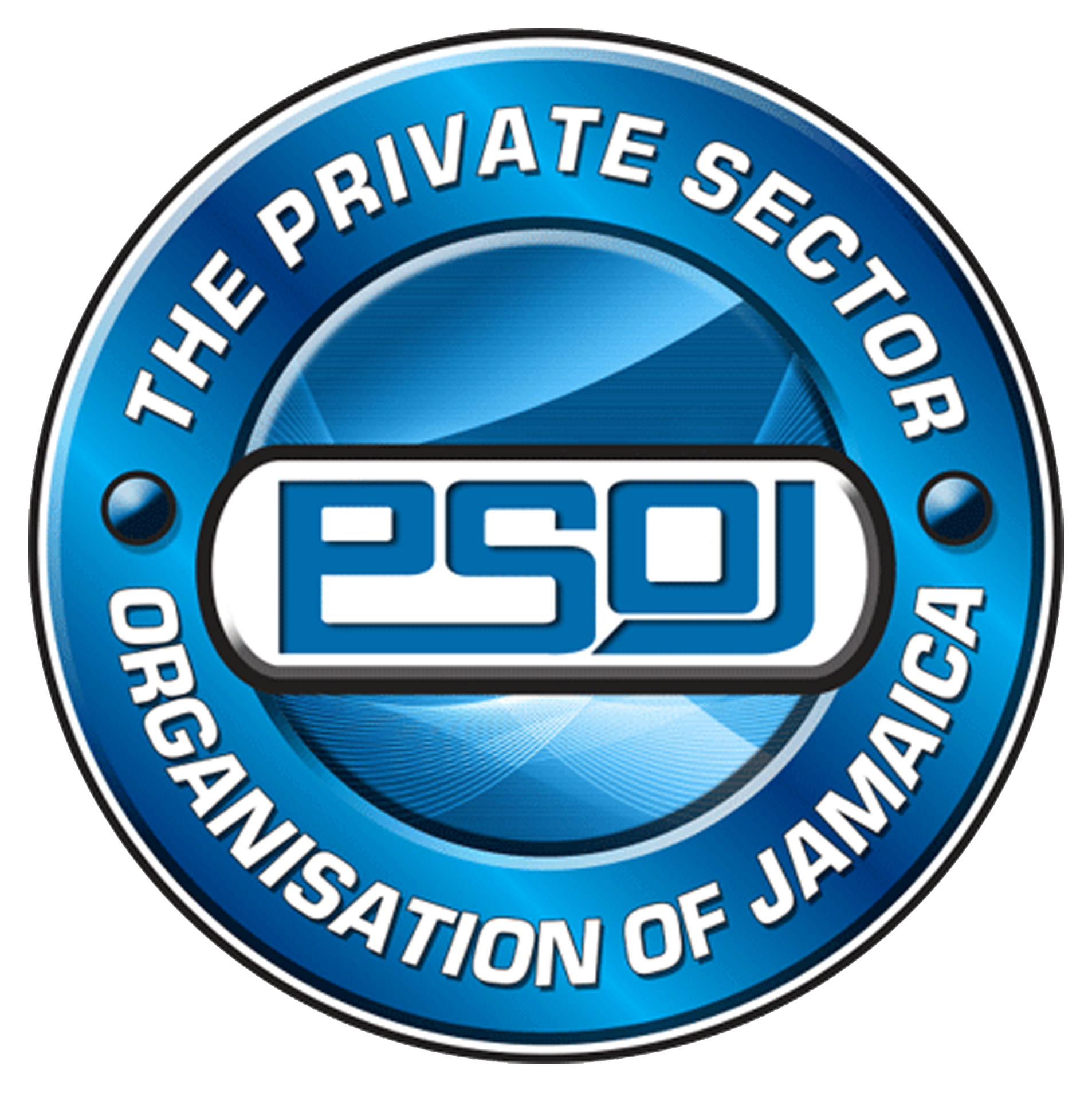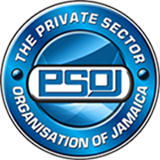
The PSOJ is deeply concerned about the recent contamination of the Rio Cobre by effluent that led to fish kills and disrupted the use of the river for livelihoods and water supply. The event not only created a serious issue of health and public safety, but also affected the economic livelihood of persons and industries both directly and indirectly. The suspension of water supply and use of the river for days and weeks have already created and will generate further hardship that is unacceptable. This regrettable occurrence highlights a greater need for responsibility with respect to the discharge of waste into water bodies.
Corporates must be aware and responsible
The PSOJ is imploring all corporations that manufacture and generate waste to pay particular attention to the discharge of effluent and the management of wastewater in general. Contamination of rivers, streams, and gullies has serious implications for public health and the livelihood of people who live in surrounding communities and along the respective courses. Many of our rivers are used for potable and non-potable uses, and interface with sectors such as: agriculture and fisheries, manufacturing, housing, tourism among others. On the individual level, activities such as drinking, washing, recreational and other uses are also affected. Our private sector should not add to what has been an ongoing and growing challenge of pollution in our surface waterways and groundwater resources.
The Energy Environment and Climate Change Committee of the PSOJ maintains that both surface and groundwater must be protected. Water of good quality is fundamental to the health of our population, the health of our environment and for the positive economic growth of Jamaican communities. This ought not to be compromised whether being done intentionally or unintentionally. As we experience increasingly variable rainfall and longer than usual dry periods (drought) because of climate change, recharge of rivers and groundwater may be compromised. We must therefore seek to protect our available resources.
With the positioning of several industrial entities, agricultural operations, and settlements close to waterways, it is imperative that we remain mindful that our actions upstream have implications downstream. Some of these impacts may be immediate whereas some may compound or occur over a longer period. Therefore, precautionary measures must be instituted and always exercised.
It is not sufficient to speak of Corporate Social Responsibility only in the context of philanthropy, but entities must consider best practice in care and duty to the land, livelihood, population, and settlements in areas surrounding and downstream of operations.
Government should implement consequential regulations
The PSOJ calls on the Government, inclusive of the environment, health, and planning authorities, to provide adequate resources for those entities with direct and indirect oversight of said areas (environment and public health). This support will facilitate guidance to these enterprises, as well as ensure that efficient and effective monitoring and enforcement of regulations are carried out, and that corrective actions are implemented where necessary. It is important that regulations and punitive measures commensurate with violations be put in place.
However, individuals and corporate entities must also exercise pre-emptive environmental best practices and “Duty of Care” as they contribute to social and economic development, and to prosperity that is sustainable. The UN Sustainable Development Goals (SDGs) and Goals of Jamaica’s Vision 2030 must remain our guideposts.
